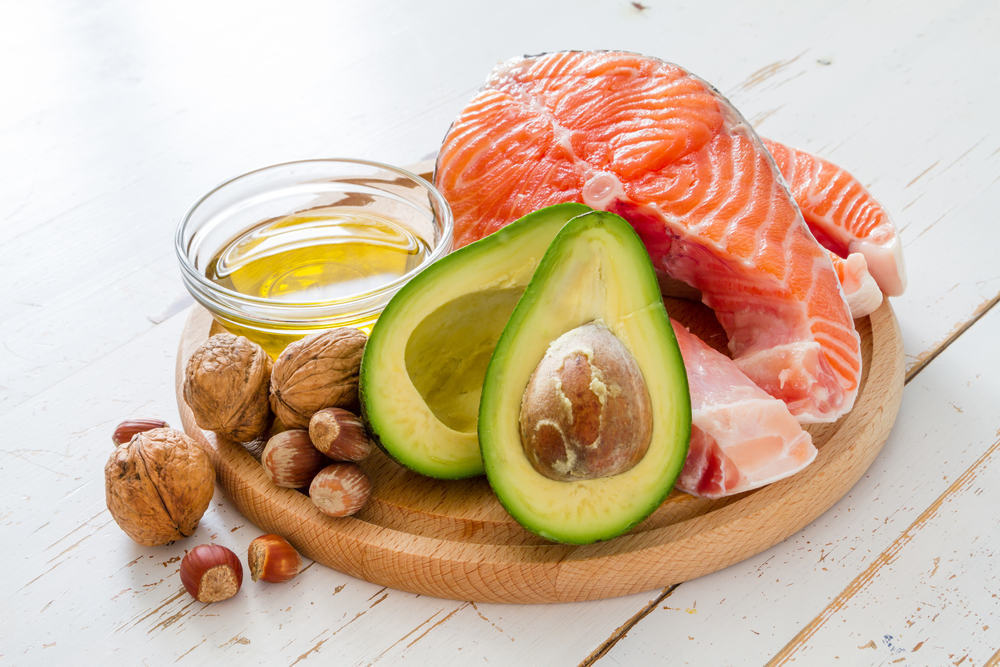Contents:
- Medical Video: Vitamins: do you need supplements?
- Guide to taking vitamins based on age
- At the age of children and adolescents
- 20s
- 30s
- 40s
- 50s
- 60s
- 70s
Medical Video: Vitamins: do you need supplements?
Vitamins are substances that are very important for the body to work optimally. From infants to the elderly, all need vitamins. The types of vitamins needed by everyone of all ages are the same, but the dosage and the rules for taking vitamins for children, adults, and the elderly can be different. Here's the review.
Guide to taking vitamins based on age
The following guidelines for taking vitamins based on age, namely:
At the age of children and adolescents
According to Stephanie Schiff, RDN, nutritionists at Huntington Northwell Health Hospital, New York, important vitamins and minerals are needed by children up to adolescence, namely calcium and vitamin D. Both of them help strong bones and muscle growth. With sufficient vitamin D and calcium at the age of the child to adolescence, you will be avoided from bone fragility in adulthood and also in old age.
You can get both from various types of foods such as spinach, dairy products, sardines, egg yolks, beef liver, broccoli, and soybeans. If needed, vitamin D and calcium can also be taken from supplements. However, the dosage should be based on the doctor's advice.
20s
You still need to consume calcium and vitamin D in your 20s. But you also need additional vitamins and minerals. This is usually based on your body condition and diet. For example, vegetarians and vegans (only eating fruit and vegetables) need additional vitamin B12 supplements because these vitamins are usually only found in animal products.
In addition, the age range of 20s is the most fertile age for women to get pregnant and give birth. So to prepare for a healthy pregnancy, women are advised to consume additional folic acid supplements and vitamin B complexes in advance before planning to become pregnant. These two vitamins can reduce the risk of babies born with disabilities due to neural tube defects such as spina bifida and anencephaly, as well as autism.
30s
At the age of 30, the body starts experiencing many changes associated with an increased risk of various diseases such as heart disease.
To reduce the risk of chronic diseases, the body needs additional intake of omega-3 fatty acids in your daily meal menu. One way is to eat fish twice a week, which is rich in omega-3 fatty acids such as anchovies, catfish, tuna, salmon and sardines. In addition, you can also consume it from other food sources such as avocado, spinach, canola oil, and supplements if needed.
40s
At this age, taking vitamin D is an important thing that should not be missed. Because the lack of vitamin D in the 40s increases the risk of cancer, autoimmune diseases, diabetes, and obesity. In addition, vitamin D is also important for keeping muscles and bones strong.
In addition to vitamin D, you are also advised to meet the needs of omega-3 and omega-6 daily. Usually, people who lack these two substances are more prone to baldness.
50s
At the age of 50 years, women will usually start welcoming menopause. Quoted from Prevention, research in 2017 states that multivitamin and vitamin E supplements help reduce the annoying side effects of menopause, especially hot flashes.
Not only that. You also need to meet the daily needs of vitamin D because in this age range, estrogen production in the body begins to decline. Vitamin D is proven to reduce the risk of osteoporosis and can improve your mood. Also, consume vitamin D3 to maintain your heart health.
60s
When entering the 60's, stomach acid production begins to decline. As a result, the intestine becomes more sensitive and increases the risk of lactose intolerance. To overcome this, consume vitamin B12 which can nourish the digestive tract. In addition, vitamin B12 also helps the body digest carbohydrates and protein more easily.
If you have lactose intolerance or sensitivity, try to increase your intake of vitamin D and also vitamins K1 and K2. These vitamins help absorb and distribute calcium throughout the body.
70s
Entering 70 years of age, your risk of developing dementia and Alzheimer's will increase rapidly compared to before. Therefore, it is important to take vitamin B12 to improve brain health. Researchers also state that taking vitamin B12 in combination with folic acid helps slow the development of dementia and cognitive decline in the brain.



















